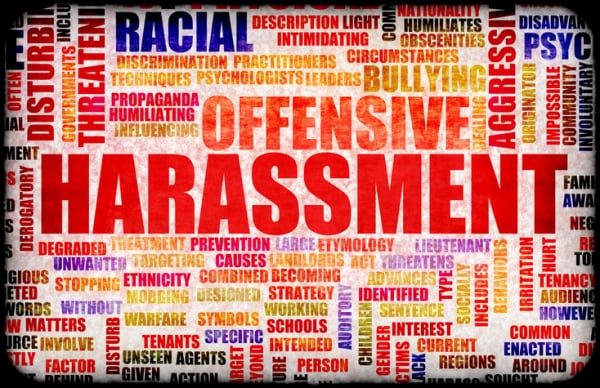In recent years, there has been a concerning trend of anti-science harassment on the rise. People who advocate for scientific evidence and facts are increasingly being targeted and attacked by individuals who reject established scientific principles and promote misinformation. This troubling trend is not only harmful to the individuals being harassed, but it also poses a threat to the scientific community as a whole.
One of the main reasons for the increase in anti-science harassment is the spread of misinformation and conspiracy theories through social media and other online platforms. With the rise of fake news and the spread of misinformation, those who promote anti-science views are able to gain a following and create a sense of legitimacy around their beliefs. This has led to an increase in harassment directed towards scientists, researchers, and advocates who champion evidence-based decision-making.
In some cases, anti-science harassment takes the form of online attacks, including threats of violence, doxxing, and harassment campaigns aimed at silencing those who speak out against anti-science views. Additionally, individuals who promote scientific evidence are often targeted with false accusations, smear campaigns, and attempts to discredit their work. This not only puts a strain on the mental health and well-being of those being harassed, but it also undermines the credibility of the scientific community as a whole.
Anti-science harassment is not only harmful to individuals, but it also has broader implications for society as a whole. When scientific evidence is dismissed and attacked, it becomes increasingly difficult to address critical issues such as climate change, public health, and technological advancements. In a time when evidence-based decision-making is more important than ever, the rise of anti-science harassment poses a threat to the progress of science and the well-being of society.
To combat anti-science harassment, it is crucial for individuals to speak out against misinformation and promote evidence-based decision-making. This can be done through education, advocacy, and support for those who are targeted by anti-science harassment. Additionally, online platforms and social media companies must take steps to prevent the spread of misinformation and curb harassment campaigns directed towards those who promote scientific evidence.
In conclusion, the rise of anti-science harassment is a troubling trend that poses a threat to the scientific community and society as a whole. It is imperative that we stand up against misinformation, support evidence-based decision-making, and work together to create a culture that values scientific evidence and facts. Only through these efforts can we combat anti-science harassment and protect the progress of science for future generations.



